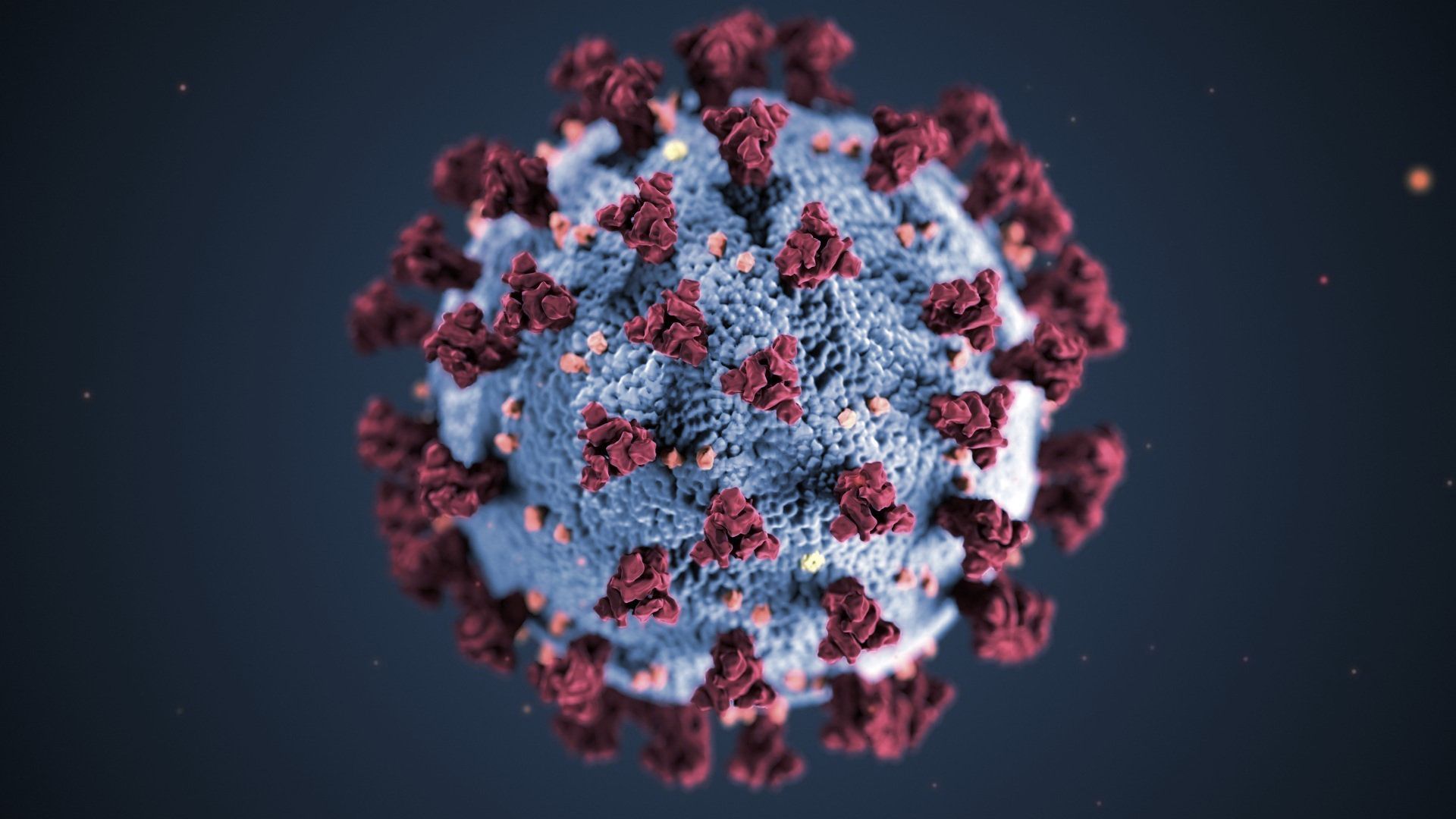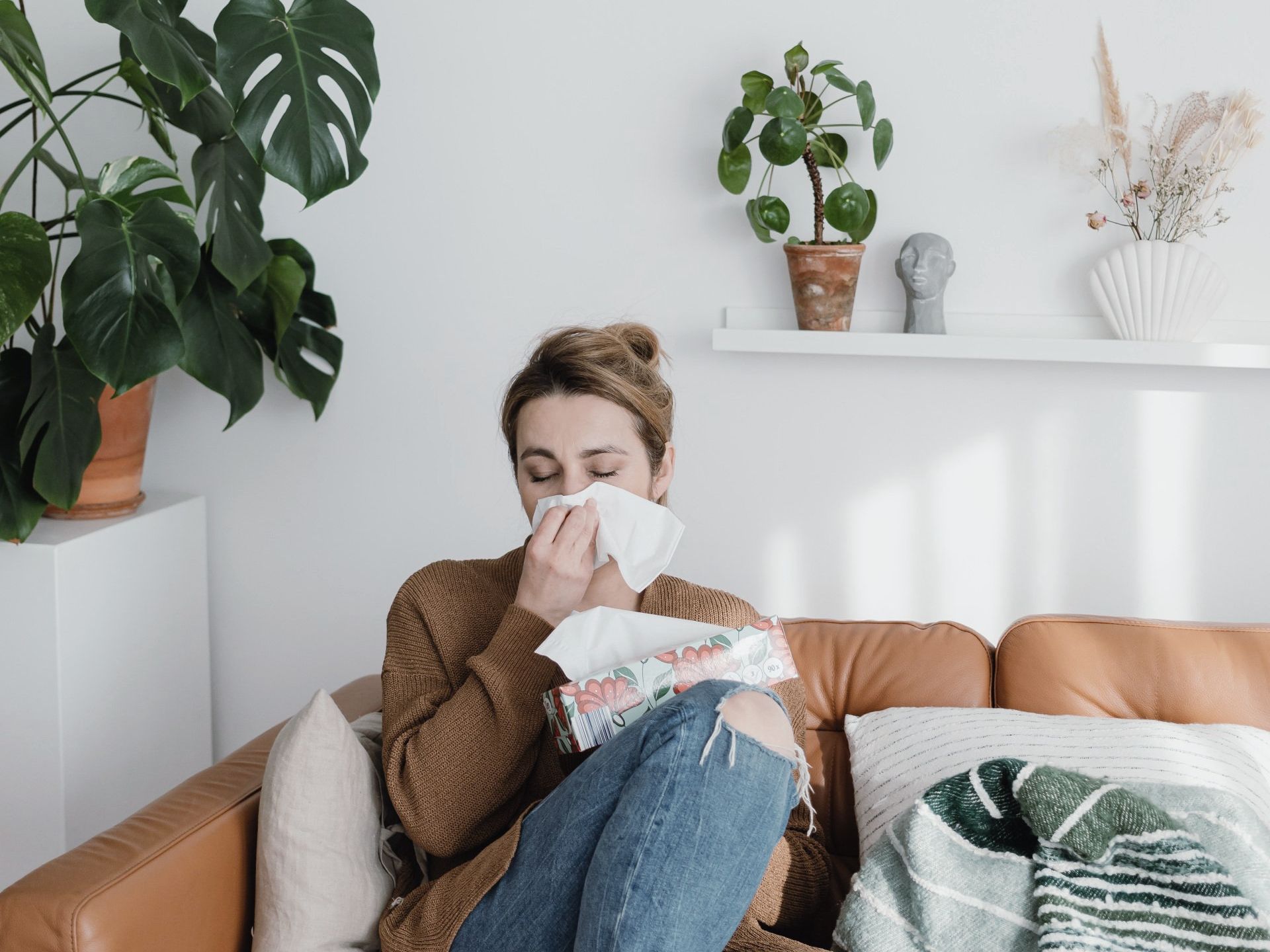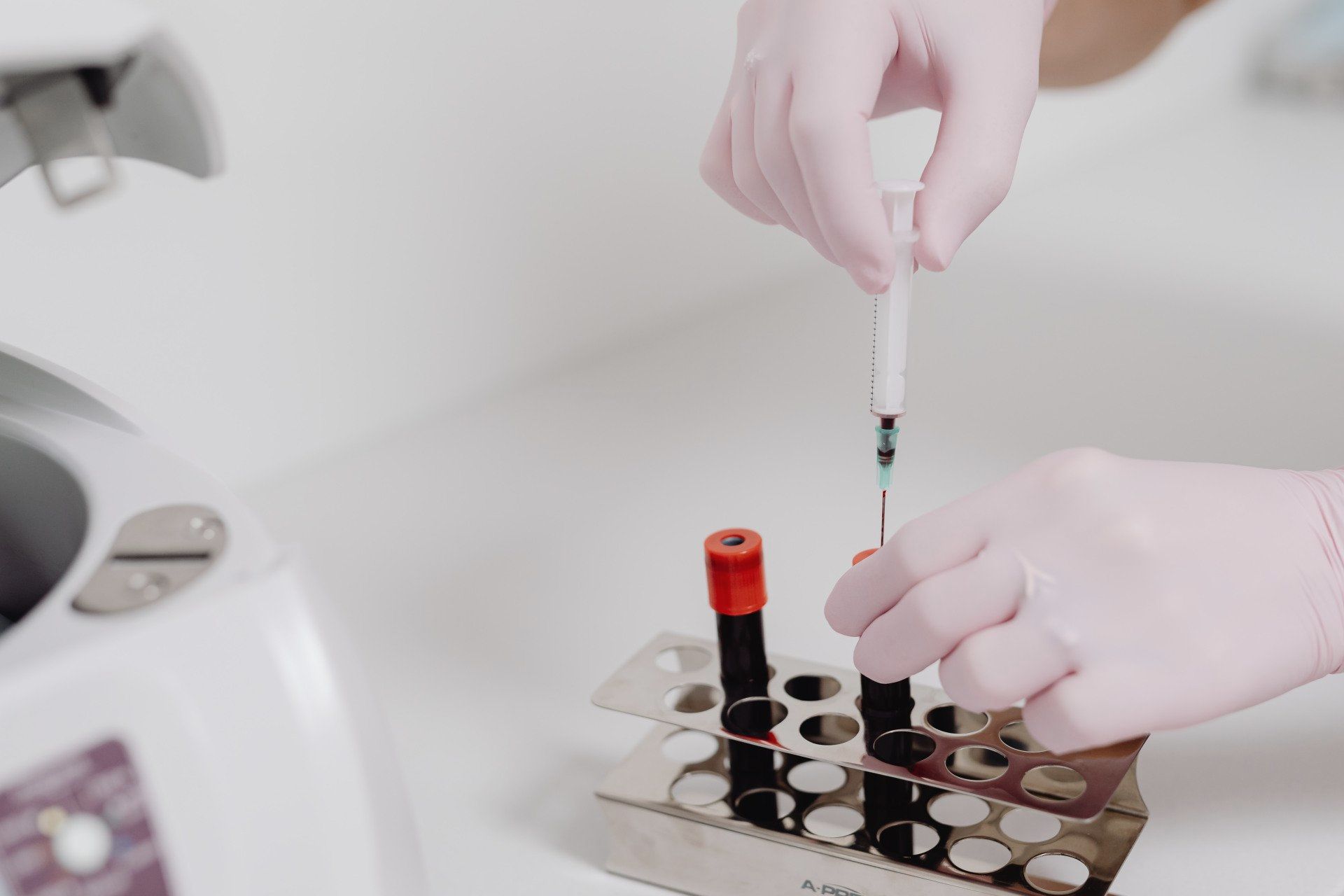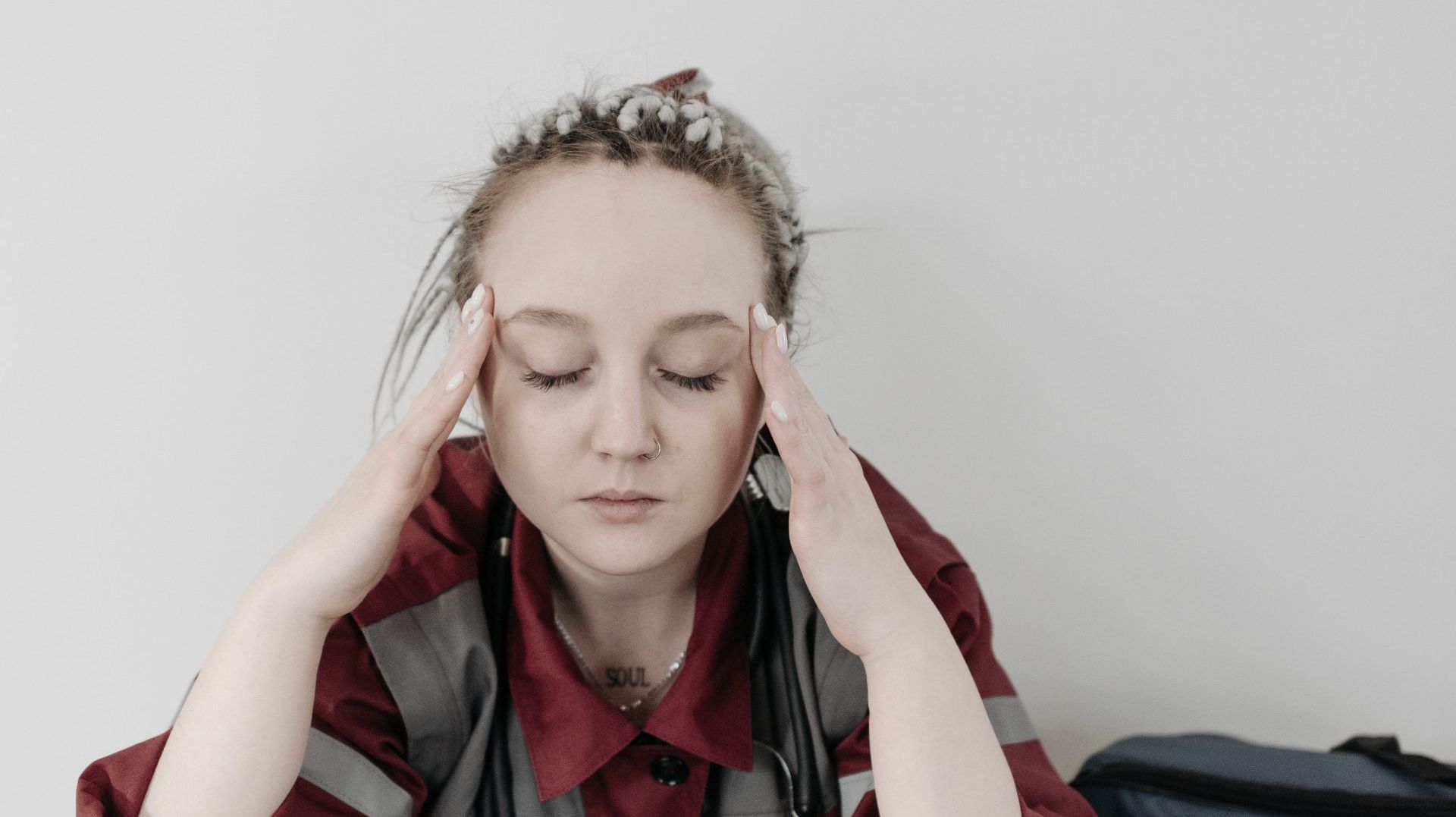Should You Get Typhoid Vaccine Before Travelling Abroad?

Typhoid is a serious illness primarily spread by drinking water or eating food that’s been contaminated by an infected person’s faeces or urine. If you plan to travel to areas of the world where typhoid is widespread, vaccination is highly recommended. Keep reading to learn more about the typhoid vaccine in Leicester.
Symptoms of typhoid
Typhoid symptoms appear typically one to two weeks after contracting the Salmonella typhi bacteria. The symptoms may start to gradually improve 3 to 5 days after starting medication.
The condition generally gets worse over a few weeks if untreated, and the chance of complications that could be fatal rises. Without medical intervention, full recovery may take a couple of weeks or months, and symptoms may recur.
Below are the primary symptoms of typhoid:
- High temperature that slowly increases each day
- A headache
- Cough
- General aches and pains
- Constipation
- Fatigue or extreme tiredness
As the disease worsens, you can have nausea and experience weight loss, stomachache, and diarrhoea. Some patients may get a rash.

Which countries require the typhoid vaccine?
Although typhoid fever can occur anywhere in the world, it is more prevalent in places with poor sanitation and hygiene.
Countries at high risk include:
- South America
- The Indian subcontinent
- Africa
- South and Southeast Asia
If you intend to live or work among locals or spend a lot of time in places with questionable hygienic standards, you are highly advised to be vaccinated.
UK citizens frequently get typhoid fever while travelling to Bangladesh, Pakistan, or India. Therefore, if you’re visiting these nations, it’s crucial that you get the required vaccinations.
Typhoid vaccine in Leicester
The two primary typhoid vaccinations offered in the UK are as follows:
- Vi vaccine: a single injection
- Ty21a vaccine: three capsules to be taken every other day
For those who are 15 years of age and older, a combination of typhoid and hepatitis A vaccinations is an additional option. Typhoid and hepatitis A protection lasts for one year and three years, respectively.

How does the typhoid vaccine work?
The vaccination works by inducing the body to produce antibodies, which shields you from infection and keeps you from getting sick if you come into contact with typhoid bacteria. Antibodies are generally proteins that help the body fight diseases.
Immune-compromised individuals, such as HIV patients and those undergoing certain medical treatments, such as chemotherapy, should not receive the Ty21a vaccine. This is because it has live Salmonella typhi bacteria in it.
Children as young as 2 years old can receive the Vi vaccination, despite the fact that it is normally not advised. The risk of the Vi and Ty21a vaccines to expectant or nursing mothers is unknown. Nevertheless, vaccination should be taken into consideration if there is a high risk of contracting typhoid fever.
The ideal timing for the typhoid vaccination is at least a month before departure. However, if necessary, you can get it closer to the departure date. If you still have a chance of contracting typhoid bacteria, booster vaccinations every three years are recommended.
If you still have a chance of contracting typhoid bacteria, booster vaccinations every three years are recommended.
Can you get typhoid after vaccination?
The typhoid vaccine is not usually 100 percent effective. Always adopt healthy eating and drinking practices to help avoid the infection.
Over time, typhoid vaccinations lose part of their effectiveness. A booster shot is necessary every two years for the injectable vaccine and every five years for the oral vaccine. Ask your pharmacist if you need a booster shot if you’ve already received one. Antibiotics can only assist in treating typhoid fever; they cannot prevent it.

What are the side effects of the typhoid vaccine?
Some people experience temporary pain, redness, hardness, or swelling at the injection site after receiving the typhoid fever vaccine.
One in one hundred people who receive the typhoid vaccine experience a fever.
Some of the less reported side effects include:
- Feeling sick
- Headache
- Abdominal pain
- Diarrhoea
Serious side effects from either of the two typhoid vaccinations are quite rare.
Advice for travellers
When travelling to regions where typhoid fever is prevalent, it is crucial to take a few simple precautions. It doesn’t matter if you have received the typhoid vaccine or not.
For instance:
- Only use freshly boiled water or water that has been securely sealed in a bottle.
- Avoid ice cream and don’t add ice to your drinks.
- If you haven’t peeled fruit or vegetables yourself or rinsed them in safe water, stay away from eating them raw.
- Avoid salads and seafood.
Book an online consultation with Fusion Pharmacy today to get your typhoid vaccine in Leicester.












